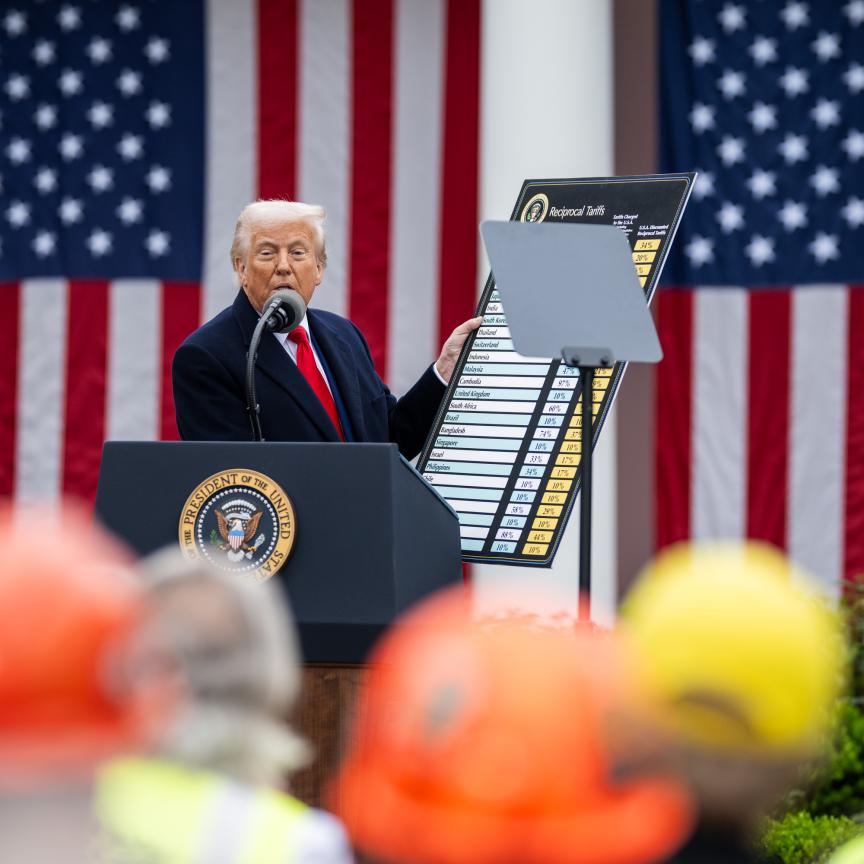The turnover of the German robotics and automation industry was valued at €10.5 billion in 2012, according to the trade association, VDMA Robotics and Automation. This was an increase of almost 3 per cent compared to the previous year.
The group predicts a further increase in turnover of 3 per cent to €10.8 billion in 2013. Exports also increased, with the share of exports now at 51 per cent for robotics and automation.
Machine vision was part of the figures and the VDMA recorded a fall in turnover for the sector in 2012, with the vision market valued at €1.49 billion in 2012 compared to €1.51 billion in 2011. VDMA predicts turnover of machine vision to grow by 5 per cent to €1.6 billion in 2013.
Machine vision sold to general industry grew by almost 7 per cent in 2012 and by 9 per cent for non-industrial business, but it fell by 24 per cent in the automotive industry.
Robotics increased its turnover in 2012 by 8 per cent to €3 billion, with the group predicting it to remain stable at that value in 2013. Integrated assembly solutions (assembly and handling technology) grew by 1 per cent to €5.94 billion in 2012 and is expected to grow further in 2013 by 5 per cent to €6.2 billion.
A current study by the International Federation of Robotics (IFR) forecasts that in the coming eight years between 1.9 and 3.5 million jobs in industry worldwide will be created, purely due to robotics. Hans-Dieter Braumtrog, chairman of the board of VDMA Robotics and Automation, commented at the VDMA’s annual press conference in Frankfurt: ‘The study also verifies that up to 2011 between four and six million jobs were created directly attributable to robotics. This means that for each producing robot to date, three to five jobs are attributable. On top of this, indirect jobs are additionally created in the periphery of a prospering industrial production.’
Baumtrog quoted Germany’s longstanding, unsolved national debt crisis as well as the political tax agenda of today’s opposition parties as potential risks for continued growth in the robotics and automation sector. ‘It is well known that we are facing intense international competition. The discussions on tax and contributions are indeed a criterion which is decisive for our success,’ he said. ‘We therefore demand an efficient and growth-friendly taxation system.’
Baumtrog added: ‘I expect from politicians recognition of the real economy. Whoever claims the success of our businesses as a political success for our country must also support us, so that we can successfully confront global competition each day anew. There is no mistaking that a strong industrial sector is an indispensable condition for stability and prosperity.’

